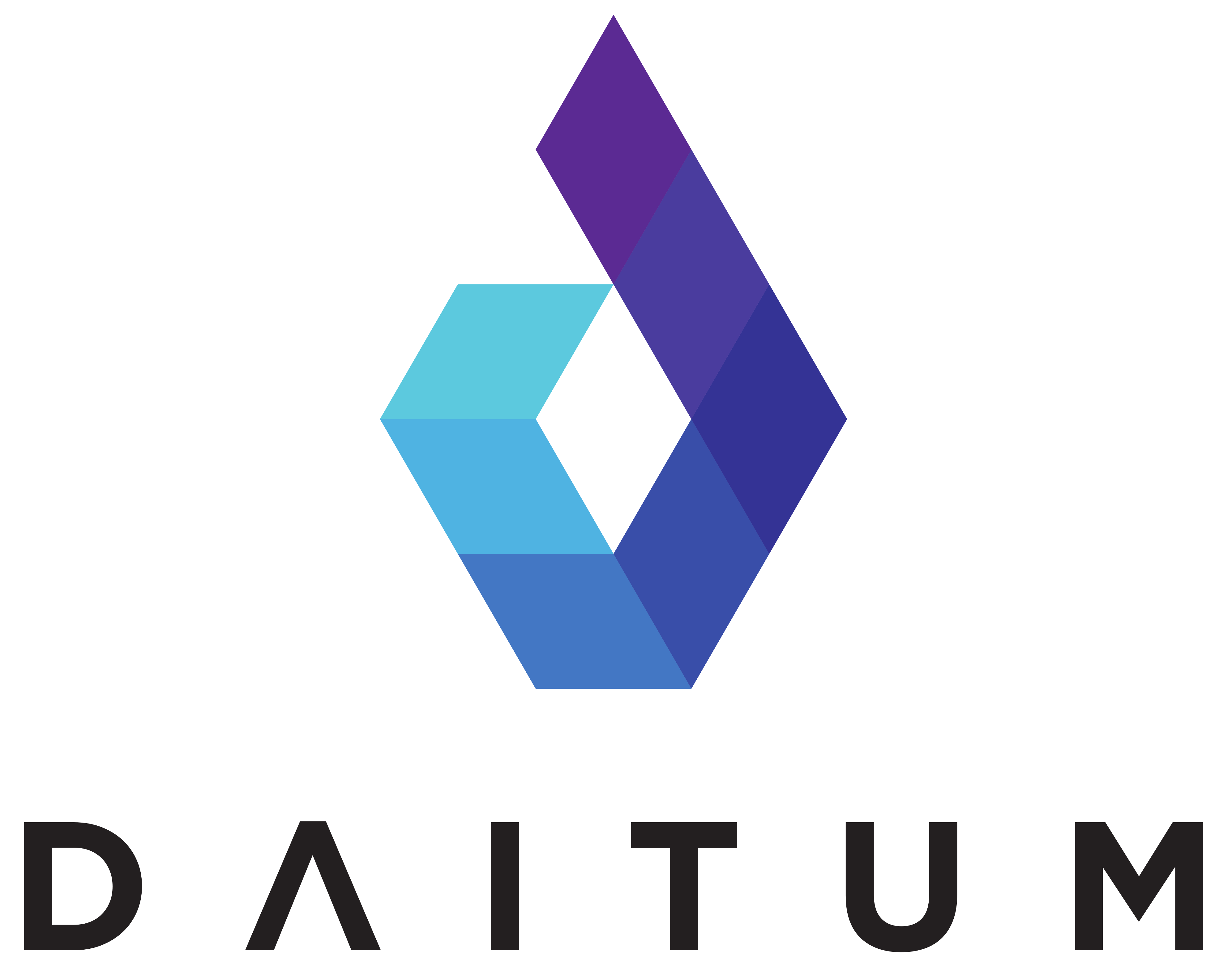Women make up 97 per cent of the early childhood education and care (ECEC) sector, many of whom are drawn to the profession by the desire to make a real difference in the lives of others.
With statistics showing that women are more likely to experience the impact of poor mental health in the course of their duties, making sure that employers in highly feminised sectors are taking active measures to safeguard their employees is essential.
Despite the best efforts of employers, burnout, is rife in ECEC, perhaps as a consequence of the complex and emotionally challenging aspects of leading and managing teams along with the expectations of families, the challenge of retaining staff in a highly competitive workforce, and the administrative burdens which come with operating a compliant ECEC service.
As a result, and somewhat concerning, recent research shows that up to 73 per cent of educators say they wish to leave the sector in the next five years.
With February 14 around the corner, it seems timely to consider the needs of these 73 per cent, and to consider what can be done to support them to remain in the sector. One way to support the needs of leaders and educators is to consider the ways in which artificial intelligence (AI), with its range of smart tools and solutions, can make the work of ECEC leaders and managers a little more manageable through automation.
When used thoughtfully, AI tools free leaders, managers and educators up to spend more time doing what matters most, such as leading and mentoring others, connecting with families, supporting pedagogy and practice and driving children’s learning in the all important first five years.
The importance of delegation
With the introduction of the Collective Leadership and Teamwork principle to the revised Early Years Learning Framework (EYLF) V 2.0, the distribution of leadership is at the forefront of every ECEC leader’s mind.
It has long been understood that the distribution of leadership is a critical component to the empowerment of educators. As ACECQA notes, distributed leadership “encourages their own identity as leaders to flourish.”
Strong leaders are able to understand that delegation is not simply about distributing tasks and responsibilities, but instead a dynamic way of working in which individuals feel empowered to take charge in their areas of expertise, interests, and skills.
In order to free up their own time to support their team to become stronger leaders, those in charge of the day to day tasks involved in running ECEC services need to do some delegation of their own, looking for ways to streamline their workflows and free up valuable time.
Daitum’s tools exist to support
Over the past 7+ years, the team at Daitum have invested hundreds of hours in developing tools which harness the power of AI to support leaders to carve back blocks of time to allow them to do what they do best.
One of the most powerful tools Daitum has available to the ECEC sector is its rostering software which reduces the rostering production time by 4 to 12h per week. Over the approximately 250 business days in any given ECEC year, Daitum’s powerful tools are saving ECEC managers 200 to 600h a year.
Just imagine – What could you do with an additional 200, 300 or even 400 hours a year?
Daitum’s rostering software automatically schedules shifts, breaks, and other activities, taking into account employee preferences, availability, the compliant mix of qualifications, and many other elements to deliver a roster which not only saves leaders time, but provides consistency and consideration to their team members.
Improved employee satisfaction
Aside from the benefits to leaders in terms of time saved, the rostering solutions from Daitum boost employee satisfaction by allowing employees to have more control over their schedules, and by reducing stress.
Existing Daitum client Guardian Childcare & Education, with its 3,500 staff across 145 services is no stranger to managing multiple sites, schedules and educator requirements.
Since implementing the Daitum solutions, leaders have saved between four and twelve hours a week on developing rosters, labour costs have reduced by eight per cent, and all rosters are now fully compliant.
Given the challenging recruitment environment currently faced in the ECEC sector, ensuring that leaders and staff are supported and satisfied is a paramount concern for approved providers.
When staff teams are longstanding, parents often feel more reassured, with staff turnover often having a negative effect on ECEC quality. When staff members regularly change within a group of children, staff and children are less able to develop stable relationships; and nurturing, stimulating interactions take place less often
To learn more about how the Daitum team currently supports the ECEC sector to manage rostering quickly, easily and efficiently, contact Theo Noel on theo.noel@daitum.com, or click here for more information.
Click here to learn how leading childcare centres across Australia are using AI to optimise their rosters and drive growth and efficiency.
Read how Futuro is saving more than 10 hours a week on rostering, eliminating overstaffing and avoiding unnecessary wage expenses. Click here to access the Case Study
Read how Guardian Childcare is achieving 8% fewer hours rostered a week, having fully compliant rosters and saving up to 4-12 hr per week rostering. Click here to access the Case Study

